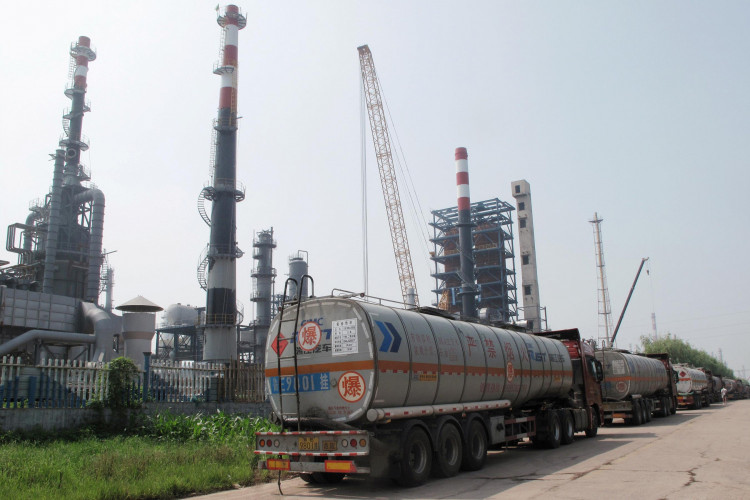China unveiled a new guideline to promote a better environment to support private enterprise reform and development. It is part of the larger drive of the country to deepen its national socio-economic reforms.
The guidance of the Central Committee and the State Council of the Communist Party of China requires building a better environment for fair competition and aims to further stimulate the vitality and creativity of the private sector.
The report disclosed that China set the stage for competitive enterprises in key areas including power utilities, telecommunications, rail, oil and gas, and will encourage private companies to boost basic telecommunications operations through equity participation.
Penetrating All Areas
Private companies are also allowed to enter areas such as oil and gas exploration and development, oil refining and distribution, and construction of transport pipeline networks and storage facilities.
Further efforts are required to expand private enterprise market access and streamline administration by delegating control to lower levels, eliminating unnecessary barriers, introducing a fair and cohesive market supervision system, alleviating tax burdens on firms, helping private enterprises accept change and upgrading and fostering innovation, the guideline said.
Analysts said the new system proves the government's push to lift the economy and sends a clear signal that it wants to provide systematic, long-term institutional support for high-quality development in China.
Li Daokui, the New Development Bank's chief economist, spoke highly of the step, saying private enterprise transformation and upgrading is the key to China's transition to global competitiveness.
Yin Wenquan, head of the National Development and Reform Commission's Institute of Economic System and Management, said private enterprises are playing a major role in economic and social development, as well as meeting the growing demand of people for a better life.
Continued Push for Reforms
Yin emphasized that the country's private sector accounts for more than half of the country's taxes and responsible for more than 60 percent of its gross domestic product. It is a key driver to improve the country's prosperity," Yin said.
Yin pointed out some private firms have encountered difficulties in the midst of an economic downturn, mostly due to their products, structures, and operating mechanisms.
Private Chinese entities are expected to "continue fostering reforms, accelerate the creation of a new enterprise system, innovate operating models, and take advantage of opportunities to move the development of China into a high-quality level," Yin said.
Private firms' income increased by 5.3 percent in the first 10 months of this year, following the 3 percent decline in the country's major industrial production, according to the National Statistics Bureau.





